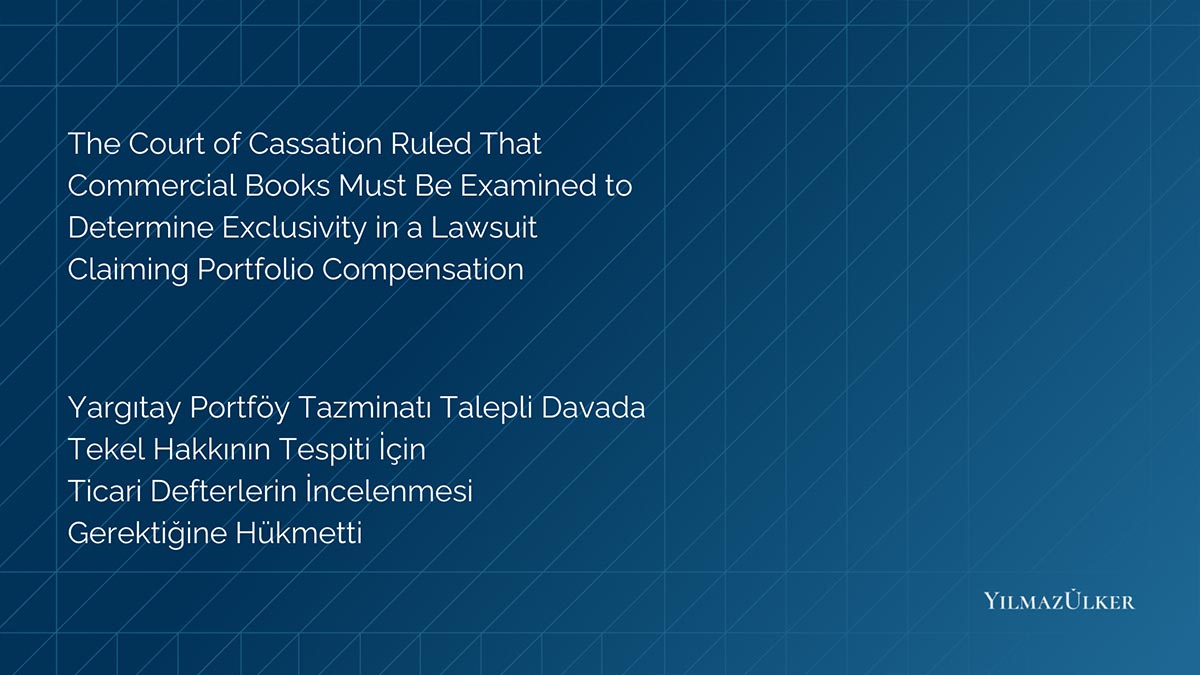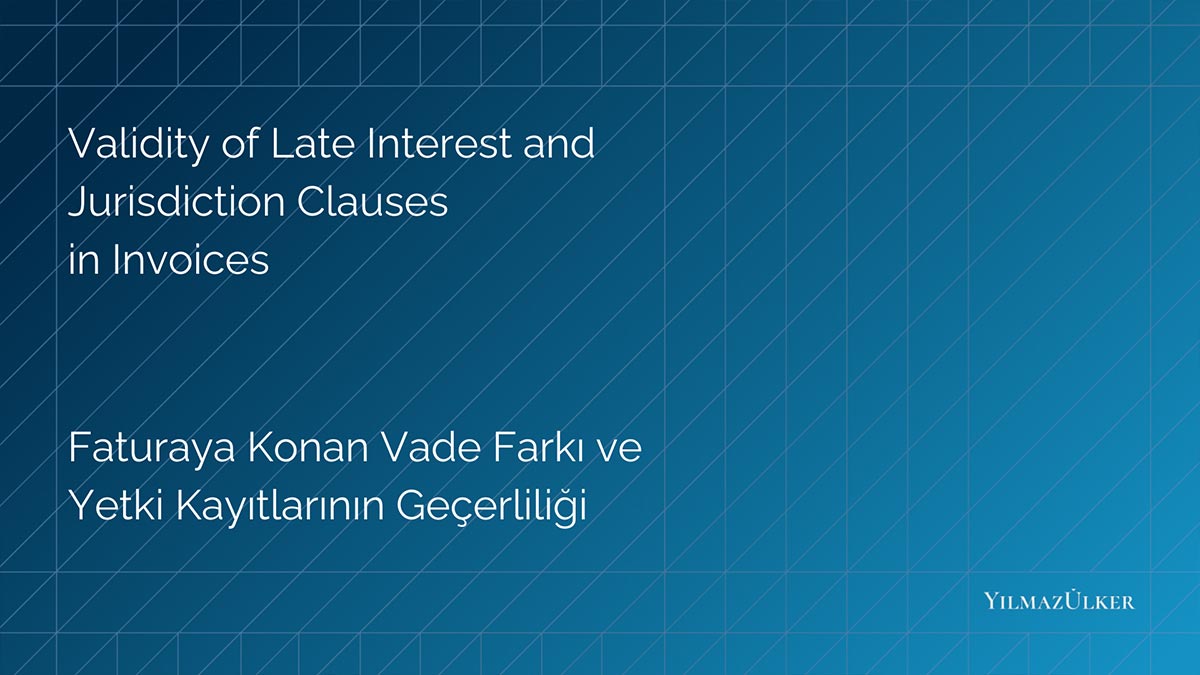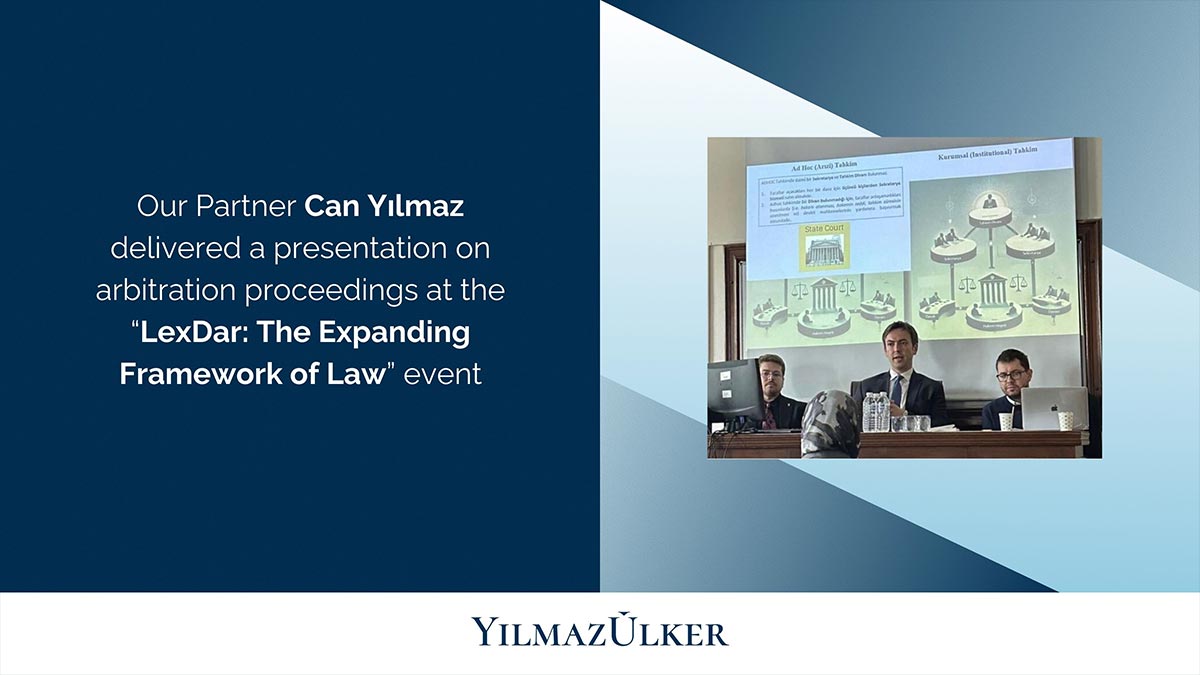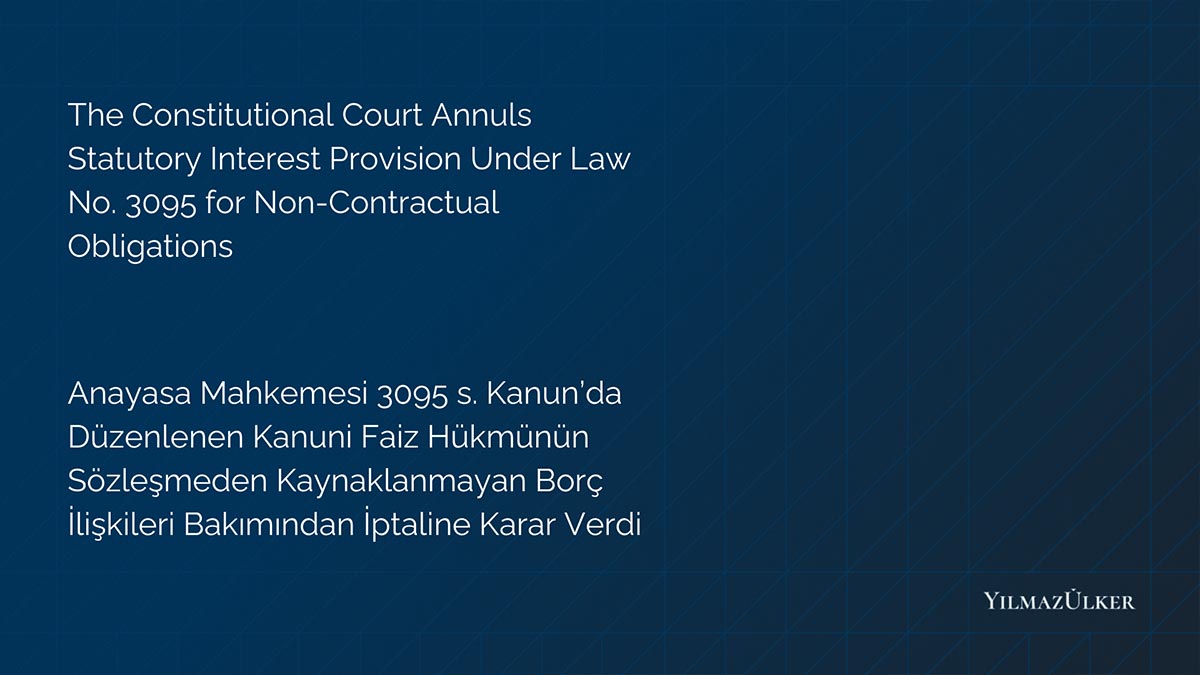Actualités & Publications

The Court of Cassation Ruled That Commercial Books Must Be Examined to Determine Exclusivity in a Lawsuit Claiming Portfolio Compensation
Case Background
The claimant company filed a lawsuit seeking portfolio compensation from the defendant principal by alleging that it had been operating as the exclusive distributor of the defendant in Türkiye for over 10 years, however the defendant terminated their relationship by granting exclusive distributorship rights to a third company in Türkiye.
The defendant, on the other hand, argued that there was no exclusive distributorship relationship between the parties and requested the dismissal of the lawsuit. The Court of First Instance ruled that an exclusive distributorship relationship did exist between the parties and that the termination by the defendant was not based on a just cause. Consequently, the court partially granted the claimant's portfolio compensation claim [1].
The Court of Appeal overturned the decision of the Court of First Instance on the grounds of insufficient examination. It highlighted the necessity of reviewing the defendant's commercial books and records to determine whether an exclusive distributorship relationship existed
The defendant's appeal to the Regional Court of Appeal was rejected, prompting the defendant to file an appeal with the Court of Appeal. The 11th Civil Chamber of the Court of Appeal first defined the elements and conditions of an exclusive distributorship agreement and emphasized that, under Article 122/5 of the Turkish Commercial Code Law No. 6102 (“TCC”), the existence of “exclusivity” is required for a distributor to be able to claim portfolio compensation.
The Court of Appeal noted that the expert report relied upon by the Court of First Instance lacked a concrete and thorough examination of the nature and scope of the relationship between the parties as well as the elements of an exclusive distributorship agreement. It stressed the need to analyze the specific elements of such an agreement in the context of the case.
Accordingly, the Court of Appeal ruled that to determine whether the claimant held exclusive rights, the defendant’s commercial books and records must be examined to establish whether the defendant sold products to any other individuals or entities in Türkiye during the disputed period. Without such an assessment, any decision would be based on incomplete examination. Therefore, the Court overturned the judgment in favor of the defendant [2].
Analysis
Under the TCC, exclusivity/monopoly rights are the primary condition among the cumulative requirements for a distributor to be entitled to portfolio compensation. There is no requirement for a written agreement for an exclusive distributorship or dealership relationship to be valid. Consequently, as seen in the case at hand, parties often maintain long-term commercial relationships without formalizing them through a written contract.
In cases where a written agreement is executed, it often does not address the distributor’s scope of activities (e.g., whether exclusivity rights are granted). Alternatively, even if the agreement explicitly states that exclusivity is not granted, the parties may still conduct their business relationship on an exclusive basis in practice.
In portfolio compensation disputes arising from such relationships, proving the existence of exclusivity can be challenging for both parties, often leading to unexpected judicial outcomes. To mitigate these risks, it is crucial for parties to formalize the terms and conditions of their commercial relationship in a written agreement and to carefully address essential matters such as exclusivity rights.
Nevertheless, even in cases where the agreement includes a written provision regarding exclusivity, it is possible to prove otherwise through evidence such as the parties’ conduct, established practices, and, as in the case at hand, commercial books, records, and other documentation.
Bibliography
- [1] The claimant sought 750,000.00 TL in material compensation, while the court awarded 586,445.78 TL.
- [2] Decision of the 11th Civil Chamber of the Court of Cassation, dated March 31, 2022, with case number 2020/5477 E., 2022/2637 K.
The above information reflects the general assessments of YılmazÜlker Attorney Partnership ("YılmazÜlker") regarding the subject matter and do not constitute legal opinion or legal consultancy services. Before taking any action based on the matters stated herein, it is recommended to seek professional legal advice by considering the specific circumstances of the case. YılmazÜlker shall not be held liable for any consequences arising from or in connection with the content of this document.






#YilmazUlker #PorfolioCompensation #Exclusivity #CommercialBooks #Publication